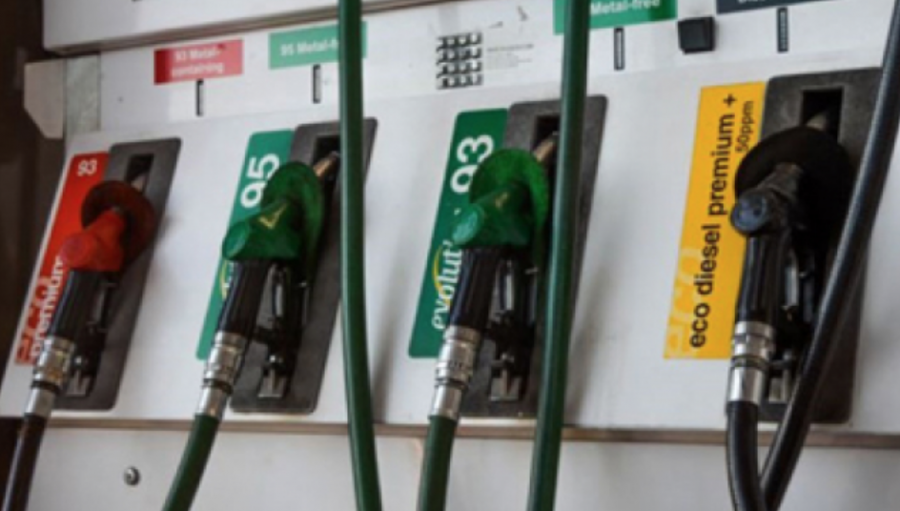The fuel price is in record territory since November 2021 Photo Sapeople.com
The Automobile Association (AA) has renewed calls for a review of South Africa’s exorbitant fuel prices as the price of fuel in the country remains in record territory since November 2021.
In an interview with Salaamedia’s Mariam Mia, Layton Beard from the AA explained that the call for the review of the fuel price is aimed at examining the components which make up the fuel price, particularly the Road Accident Fund (RAF) levy.
“A review of the fuel price is needed to establish whether all the components that are on the fuel price are necessary and whether the components that are there are calculated correctly. For instance, this issue of the Road Accident Fund levy, we know the RAF is in financial distress. Do we need to still be paying R2+ a litre of fuel towards that levy?”
The current record-territory prices mean South African motorists in coastal regions must cough up between R17.42 and 19.42 for a litre of fuel, whilst motorists in inland regions pay between R18.04 and R20.14 per litre. In 2021, taxes accounted for at least 68% (R9.48) of the fuel prices, according to data from the Organisation Undoing Tax Abuse (OUTA).
The price of fuel is reviewed and, if necessary, adjusted by the government monthly. The components include production costs, transportation costs, storage costs and taxes.
Beard highlighted the General Fuel Levy and the RAF levy as potential components that may be reviewed but cautioned against scrapping the levies entirely. Instead, he said, the government should “find out whether there’s a better way we can deal with them”.
After a record price hike last year, Finance Minister Enoch Godongwana echoed the sentiment, calling for changes to the way the fuel price is calculated. Energy Minister Gwede Mantashe also suggested that separating the fuel levies from the price would be “helpful”.
Stefanie Fick, Executive Director of the Accountability Division at OUTA, said although some taxes may be in place with good intent, the possibility of corruption jeopardises the benefits.
“The carbon tax, for example, as an idea is most probably a good idea. It was supposed to compel carbon emitters to pay for their contribution of greenhouse gases but, because Treasury is not ring fencing, [are] these levies going to the right place?”
Mariam Mia spoke to Stefanie Fick and Layton Beard. Listen to the full discussion here:
